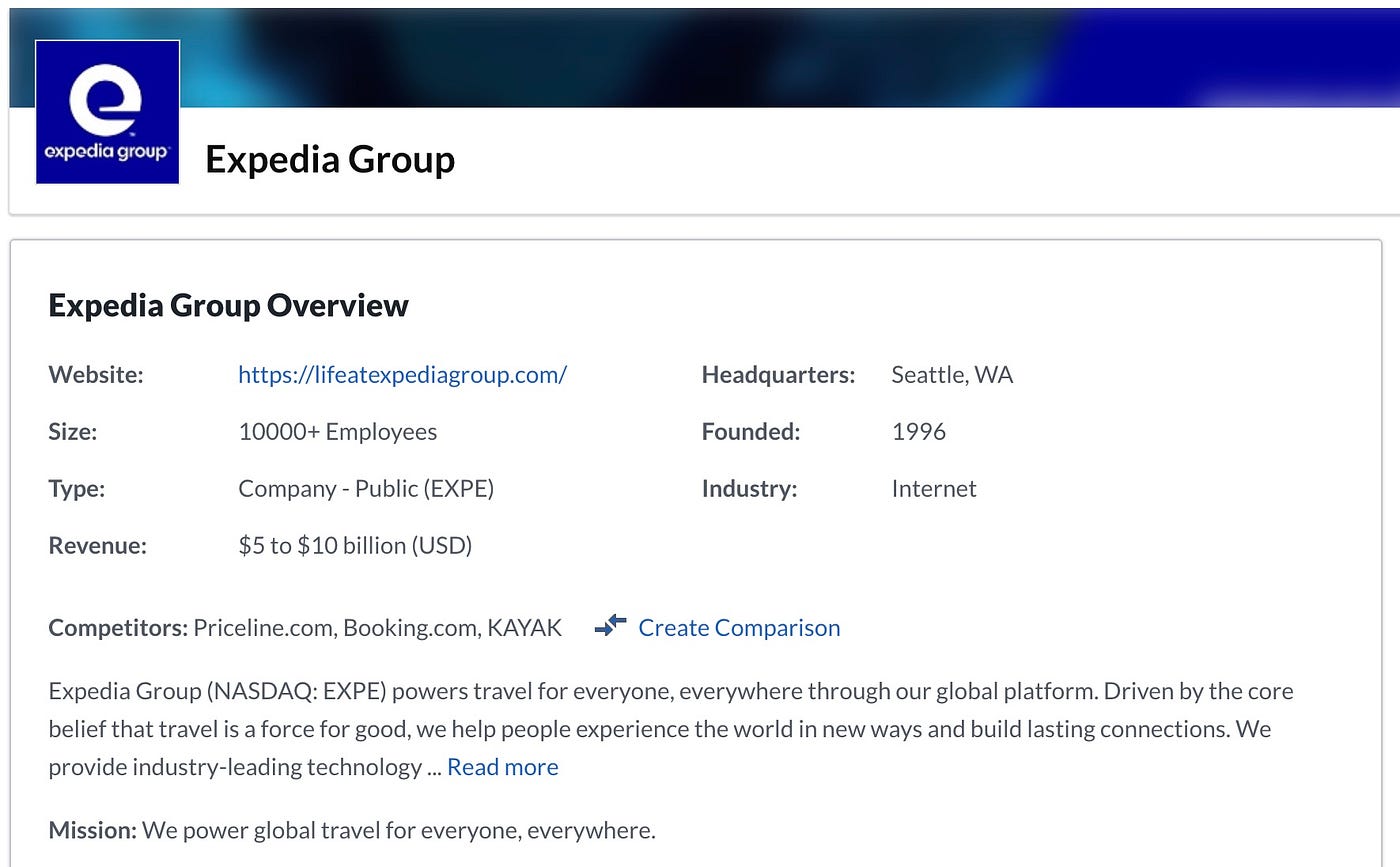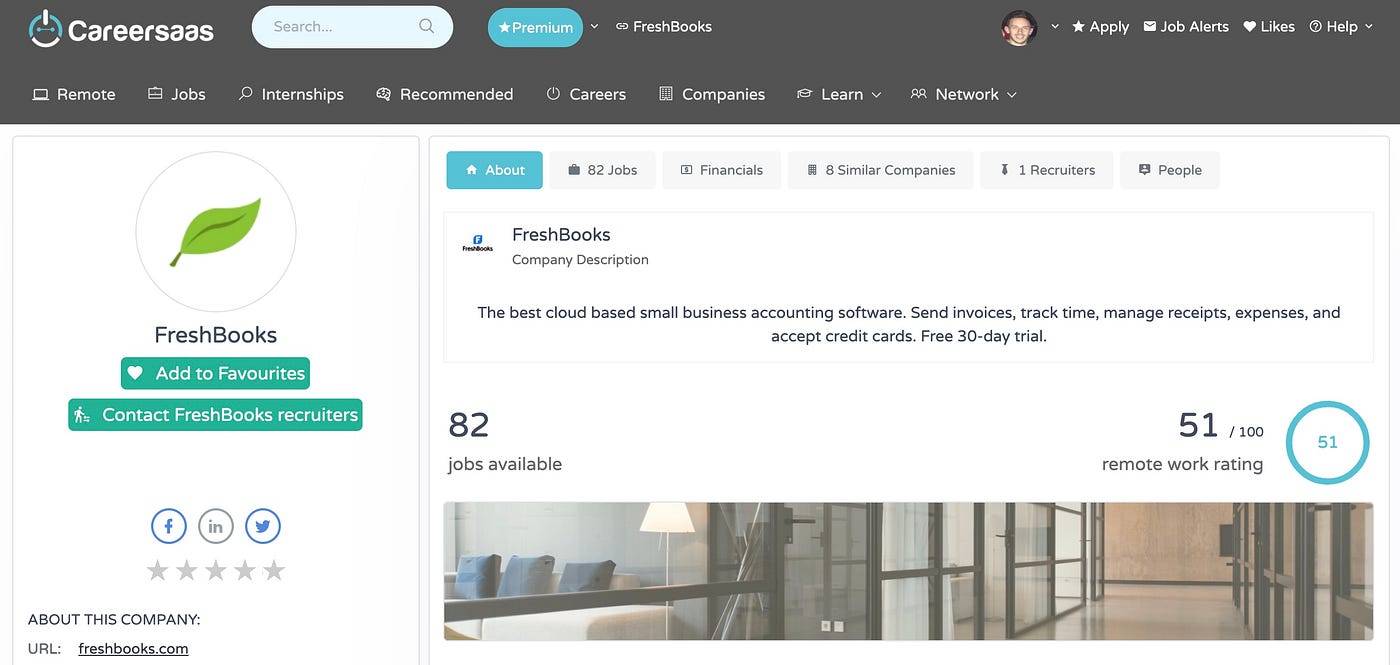It goes without saying that candidates should spend a few hours at the very least researching a company before sitting down for an interview.
Learn what skills you require for the vacancy
In your professional career, one piece of advice I always give to staff is to refer back to their original job advert to identify if you are committing to the company’s goals for the role that you applied for. The same applies for a position before you apply for it. Analyze the posting carefully to pick out what skills you’ll need to succeed in the role, and armed with this knowledge you can lead the conversation in a positive direction on the day of your interview.
The company’s clients and products
This is a no-brainer, but if you’re applying for a job at a software company, it would make complete sense to research the products that are on offer and, if at all possible, the tech stack the firm are using. Likewise, if you’re applying for a sales job you should also take the time to identify some of the largest customers and users of the company’s products. You may score bonus points on the interview if you’re a former employee of a customer of the company for which you are seeking a job.
Glassdoor data
Glassdoor is a wonderful source for searching for feedback direct from staff within a company. Current and former employees are able to score their experience at the company, as well as score the CEO. In most cases, a company’s Glassdoor page also has an interview tab, from which candidates describe their experiences during the job seeking process.

Careersaas data
Careersaas lists a company’s management team and recruiters, so you can research the staff that are likely part of the interviewing process. Careersaas also shows the “mix” of jobs being filled by the potential company, so you can see where an employer is actively placing their investments and financial resources.

News, news, news
A simple search on Google News for a brand name will pull back a bounty of useful data which will benefit you, the job seeker, before you head for your interview. Changes in strategy, announcements for new roles, financials and customer use cases are all amongst the types of news a candidate can read prior to applying for a job. A ready candidate is more likely to succeed during a job interview than one who has done little to no research.
Find a common interest and analyze interviewer body language
The best interviews are often ones in which both the candidate and interviewer share a common interest. Try to carefully identify similar experiences, interests or hobbies with the interviewer. Carefully pay attention to the recruiters’ body language — it’ll help you identify if you’re on the same wavelength as the interviewer.
Visualize your interview in advance
Try to imagine, before the interview, the types of conversations you’ll likely be having with the interviewer. Whether that’ll be simple questions such as “what are your weaknesses?”, to “what interests you the most about our company?”, try to picture how you could respond to these in the most successful way.
Avoid over re-hearsing
That being said, do not rehearse too much before the interview. For the interviewer, it’ll be really easy to see if your words are scripted, so try just to run through the steps a few times as opposed to going in armed with a report!

